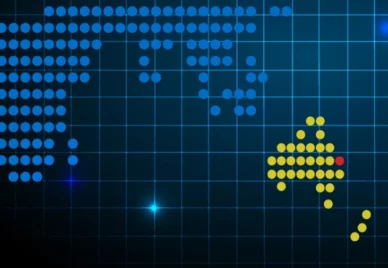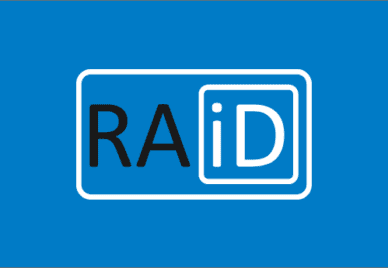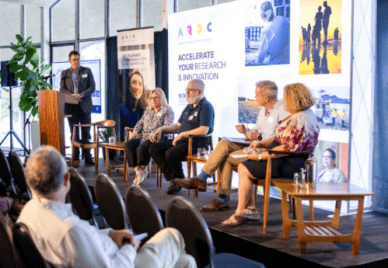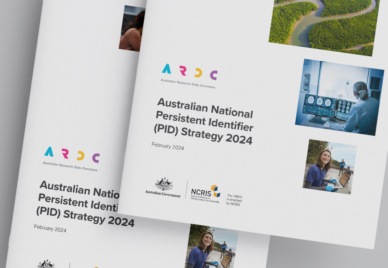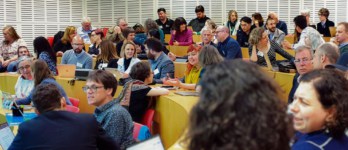
The ARDC is fortunate to have work placement students studying higher degrees work with us. Our students are immersed into the operations of a digital research infrastructure, and also provide our team with insights on what we are doing that is relevant to their studies.
Our recent work placement student, Dr Louise Fisher, is studying Information Science at Curtin University. Louise also brings a unique perspective, having been a chemistry researcher for many years.
In this article, we share Louise’s insights on the ARDC from her experience as a researcher, as well as what she will take with her into her future career as an information professional.
“As an HDR and postdoctoral researcher, I questioned if I was following best practices and using ideal data management and digital resources. I would have appreciated support in finding suitable tools and training,” said Louise.
“For instance, as a researcher, Digital Research Skills Australasia (DReSA), The Carpentries and ResBaz would have been invaluable.
“The guideposts in 10 Things for Curating Reproducible and FAIR Research, would have helped me to evaluate my choices around organisation and access.
“Looking ahead, I’m interested in community building, digital research skills, and being an advocate for Open Access publishing,” said Louise.
The ARDC is active in building communities around key aspects of digital research, including sensitive data, data quality, machine learning and research software. See our full list of communities and groups.
The need to uplift digital research skills is the focus of the ARDC Skills and Workforce Development program, which is creating and implementing a National Digital Research Skills agenda in collaboration with partners, lead agencies and peak bodies. Read our recent case study on this exciting program.
Liz Stokes from the ARDC’s Skilled Workforce team is mentoring Louise during her practicum placement.
“What’s been valuable about having Louise join our team is the opportunity to engage with a research professional who is interested in how we are supporting digital upskilling for the research workforce. Researchers who are pivoting to allied support roles in data intensive research can leverage their research background to innovate in areas beyond purely academic pathways. And information professionals tend to have an enthusiastic blend of community management, outreach and documentation skills which are so important for the Open Science and Reproducibility movements to mature,” said Liz.
The ARDC accepts work placement students studying for higher degrees in relevant fields. If you are interested in a work placement with the ARDC as part of your studies, please contact us.
Are you interested in driving the development of a national digitally skilled research workforce? Register now for the ARDC Digital Research Skills Summit 2023.
The ARDC is funded through the National Collaborative Research Infrastructure Strategy (NCRIS) to support national digital research infrastructure for Australian researchers.
Author
Reviewed by
Categories
Research Topic
Related Program
Related Projects
Related News & Events
Related Case Studies



